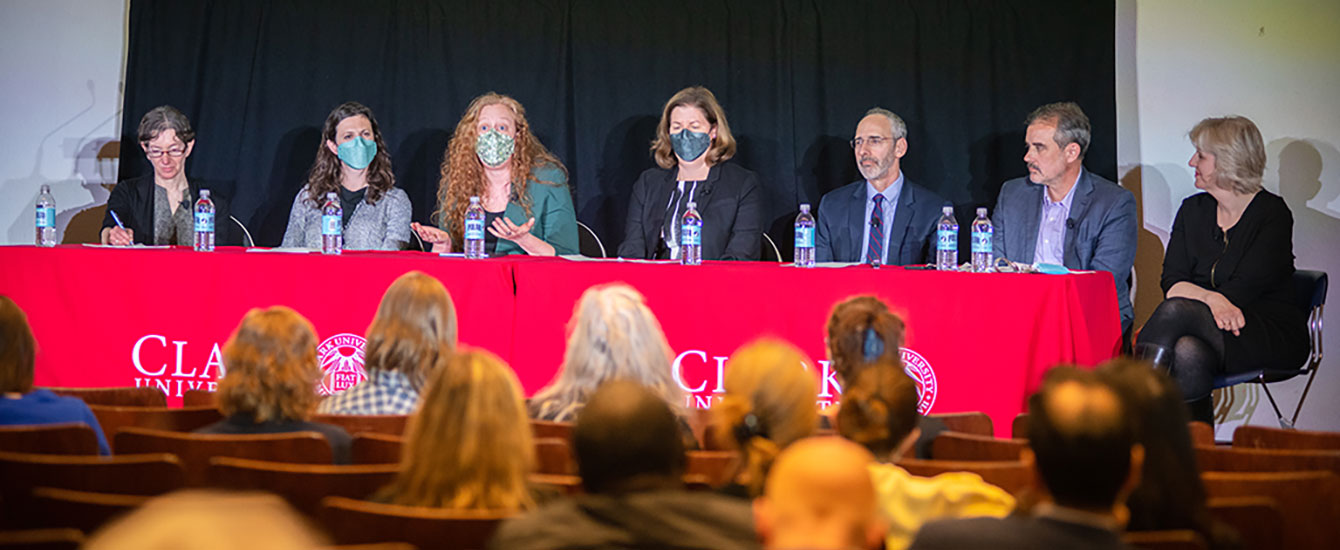Political Science
U.S. Interest groups in a deregulated campaign finance system
Document Type
Book Chapter
Abstract
Many readers will take away from this book two messages: the United States differs from most other democratic nations in the extent to which it has sought to deregulate its system of campaign finance, and the United States always has differed from these countries in its reluctance to regulate campaign spending. This chapter combines these two concepts. Deregulation in the United States does not look like deregulation would (or does) in most other democratic countries because the United States begins from a different place. One major component of this “different place” is the role of organized interests in the American system. For much of the past forty years, interest groups have played a central—and highly regulated—role in American elections. In no other country do interest groups have such detailed official recognition as campaign contributors or as a formal part of the election process. In chapter 1, Diana Dwyre discusses the effects of a loosening of campaign finance restrictions for parties and candidates. In this chapter, I examine the consequences of deregulation for organized interests—not simply the role interest groups can now play but the consequences for the types of groups that engage in politics and the evolving relationships among new and newly empowered interest groups.
Publication Title
The Deregulatory Moment?: A Comparative Perspective on Changing Campaign Finance Laws
Publication Date
2015
First Page
71
Last Page
104
ISBN
9780472121410
DOI
10.3998/mpub.8083157
Keywords
deregulation, political campaigns, American politics
Repository Citation
Boatright, Robert G., "U.S. Interest groups in a deregulated campaign finance system" (2015). Political Science. 50.
https://commons.clarku.edu/faculty_political_science/50



